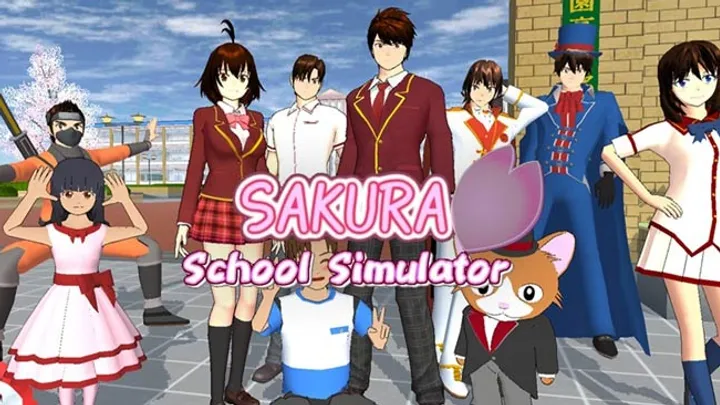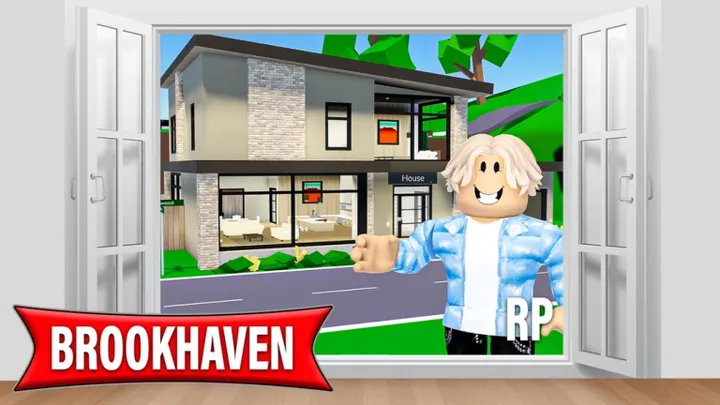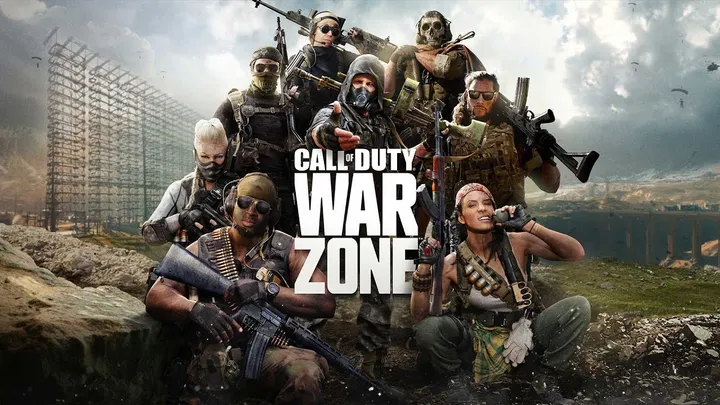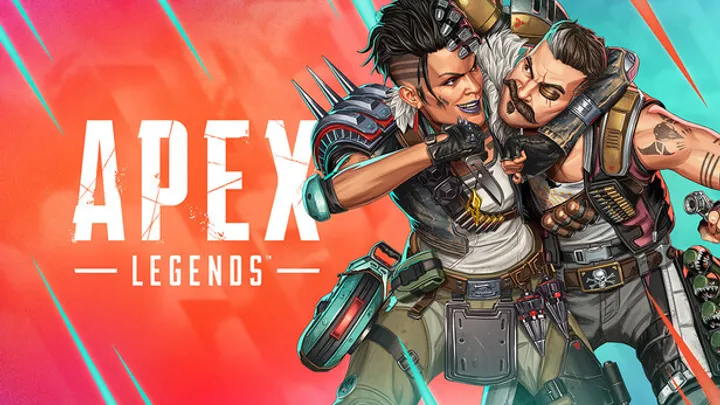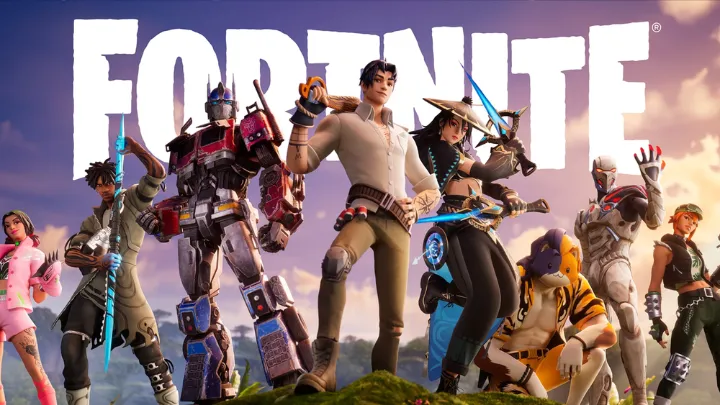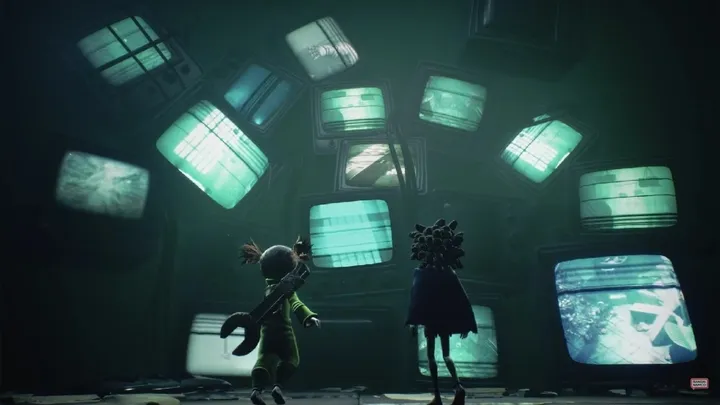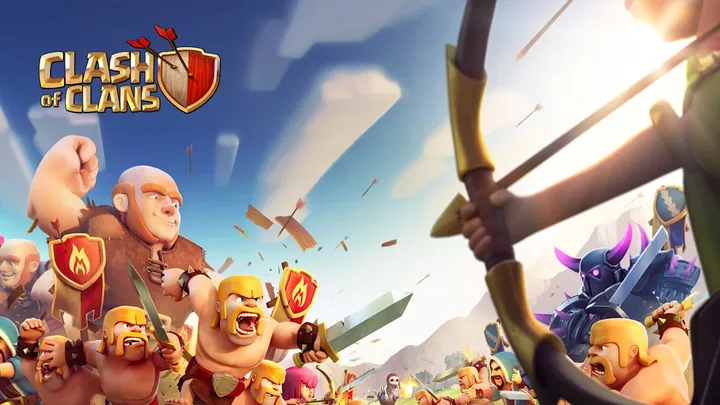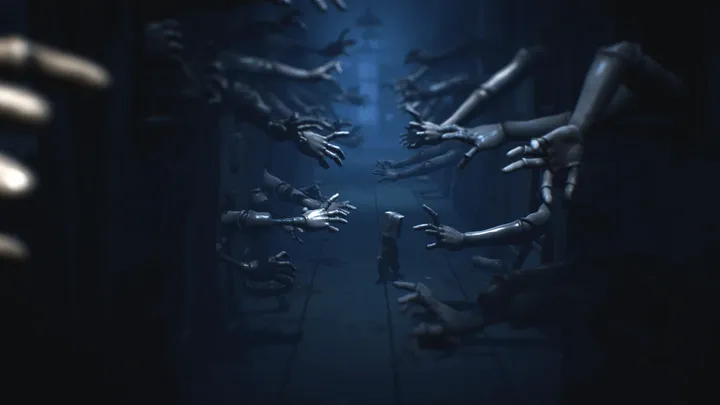1. Introduction: When Balance Becomes the Battleground
Since its explosive debut in 2019, Apex Legends has stood as a benchmark for fast-paced, skill-intensive battle royales. Its dynamic movement system, precision gunplay, and diverse Legends made it more than just another BR — it became a test of adaptability and mastery.
Yet, in 2025, the conversation around Apex has shifted. Instead of excitement about new seasons or Legends, players are talking about one persistent, painful issue: the widening skill gap and flawed matchmaking system.
This imbalance doesn’t just make the game frustrating — it undermines the core promise of Apex: fair competition based on skill and teamwork.
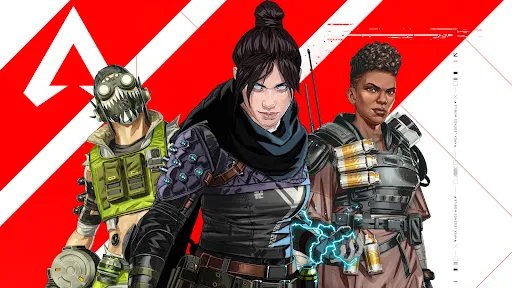
2. The Origins of Apex Legends’ Matchmaking System
How Apex Matchmaking Works (or Should Work)
Apex uses a system called Skill-Based Matchmaking (SBMM) — designed to group players of similar skill levels into the same lobbies.
In theory, this should ensure fair fights.
The system analyzes metrics such as:
- Kill/Death ratio (K/D)
- Damage per game
- Placement history
- Win rate
When the System Was Fair
In the early days (Seasons 0–3), Apex’s player pool was massive and diverse. SBMM had enough data to place players accurately without extreme mismatches.
Newcomers fought other newcomers.
Veterans clashed with equals.
The game felt challenging but rewarding.
That balance began to crumble as Apex grew — and as Respawn began adjusting matchmaking to retain players rather than purely balance skill.
3. The Beginning of the Skill Gap Problem
Player Retention vs. Player Fairness
As casual players left due to the game’s difficulty, Respawn quietly modified SBMM to prioritize player engagement metrics over skill metrics.
The goal: keep new players winning often enough to feel rewarded.
But this caused a chain reaction:
- Experienced players were mixed into lower-skill lobbies to “stabilize” queue times.
- Meanwhile, mid-tier players started facing Predator-level opponents.
The result? Unfair, unfun lobbies for nearly everyone involved.
Streamer and Pro Lobby Dilemmas
Top players like ImperialHal and NiceWigg began complaining publicly about facing randoms or bots mixed with Masters players.
When both casual and competitive communities express frustration, it signals a deep structural failure — not just bad luck.
4. Ranked Mode: A Broken Ladder
Ranked mode should be the most accurate reflection of player skill — but in Apex, it’s often the most misleading.
Inflation and Exploitation
Recent updates made Ranked more “accessible.” Respawn changed the scoring system to reward placement over kills, encouraging camping and passive play.
Players quickly learned to exploit this system:
- Hide for placement → gain RP (Ranked Points)
- Avoid fights → artificially climb ranks
This rank inflation created lobbies where Diamond players lacked Platinum-level mechanics, diluting the meaning of each rank tier.
The Resulting Paradox
High-ranked matches now contain:
- Overly aggressive Masters/Predators farming kills
- Passive Diamond players hiding for RP
- Casuals mis-ranked due to broken scoring
This unstable mix destroys both the competitive integrity and the player experience Apex once promised.
5. How the Skill Gap Manifests In-Game
1. Movement and Mechanical Mastery
Apex has a notoriously high mechanical ceiling. Advanced players can:
- Tap-strafe
- Wall bounce
- Super glide
- Armor swap in milliseconds
These micro-techniques separate elite players from the average crowd.
But when matchmaking fails, it throws beginners into lobbies where these tricks are standard, leading to lopsided fights where newer players can’t even react before being eliminated.
2. Game Sense and Positioning
Veterans know every rotation, choke point, and sound cue.
Casuals? They often land in the open, unaware of third-party risks.
When the system mixes these tiers, you get predictably one-sided matches — not learning experiences.
3. Team Coordination
Apex’s trio system demands communication.
But matchmaking often pairs solo queue players with randoms against full-stack coordinated teams.
That’s not a test of skill — it’s a slaughter.

6. The Psychological Impact on Players
The Casual Player’s Burnout
Nothing drains motivation faster than unwinnable fights.
A casual player’s Apex experience often follows this trajectory:
- Lose multiple matches instantly.
- Feel like they’re “dragging” the team down.
- Quit mid-season, never to return.
The data reflects this — community reports and third-party analytics show major drop-offs in player activity within the first week of new seasons.
The Competitive Player’s Fatigue
On the other end, skilled players face endless “bot lobbies” when playing casually and unbalanced chaos in Ranked.
They can’t find consistent challenge, leading to streamer burnout and pro-player attrition, both of which harm Apex’s long-term visibility.
7. Why Respawn Struggles to Fix It
Technical Limitations
Apex Legends runs on a heavily modified version of the Source Engine, not originally built for complex, dynamic matchmaking.
It struggles to quickly calculate:
- Cross-platform skill averages
- Squad compositions
- Regional latency adjustments
The older the engine, the more inconsistent matchmaking becomes at scale.
Player Population Fragmentation
With multiple servers, crossplay, and skill tiers, Apex’s player base gets fragmented.
To maintain short queue times, Respawn’s system relaxes matchmaking rules, allowing wide skill disparities just to fill lobbies quickly.
So, while you get a faster match, you also get a more unfair one.
Business Pressures
There’s an uncomfortable truth:
Matchmaking tweaks can subtly drive player spending.
When players lose often, they might buy new Legends or skins hoping to improve or refresh their experience.
This intertwining of profit and gameplay balance complicates genuine reform.
8. The Evolution of the Apex Skill Meta
From Aim Duels to Ability Combos
In early seasons, mechanical skill (aim and movement) defined victory.
Now, Legend synergies dominate:
- Catalyst + Caustic = Ultimate zone lockdown
- Seer + Horizon = Wallhack & aerial dominance
These combos raise the entry barrier, as new players must not only shoot well but also understand meta interactions.
That cognitive load amplifies the skill gap even more.
The Rise of Input Differences
PC players can tap-strafe and perform advanced movement tricks that console players physically cannot.
Crossplay means these players fight each other — creating an unavoidable input gap that Respawn has yet to balance fairly.
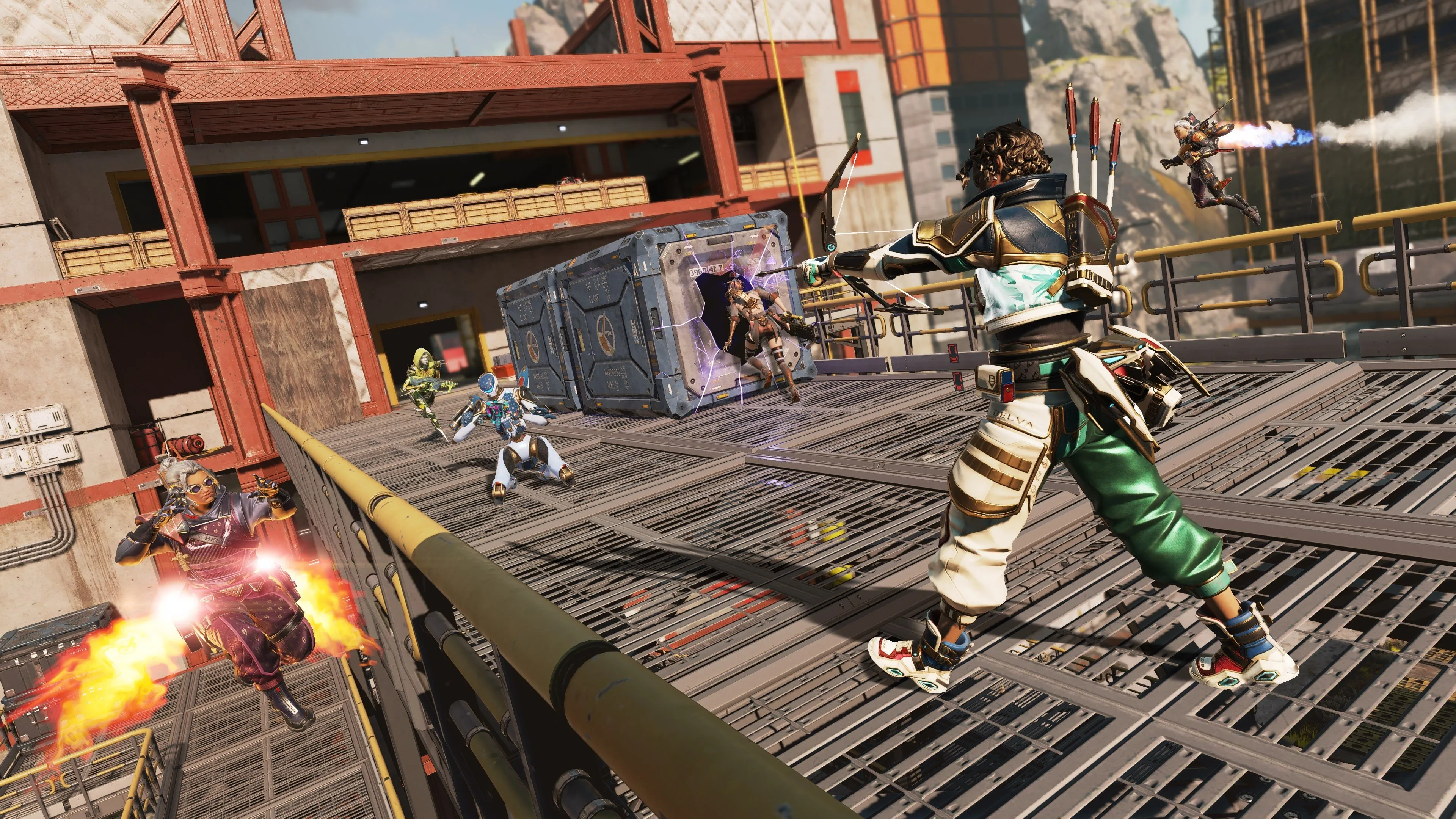
9. Community Backlash and Player Revolt
The “SBMM Rework” Protests
Reddit and Twitter (X) have seen waves of backlash whenever Respawn mentions SBMM changes.
Common complaints:
- “Casual lobbies feel like Ranked.”
- “Every match has a Master or Predator.”
- “I can’t play with my friends without being stomped.”
These aren’t isolated complaints; they represent the erosion of trust between developers and the community.
Content Creator Exodus
Major streamers like ShivFPS and Aceu have periodically quit or reduced playtime due to matchmaking fatigue.
When top-tier players — who are the game’s marketing engine — leave, the ripple effect on the player base is severe.
10. Potential Solutions and the Future of Apex Matchmaking
1. Tiered Lobby Systems
Respawn could separate casual matchmaking into clearer tiers:
- Beginner Pools: Focus on learning movement, legends, and basic strategy.
- Intermediate Pools: Balanced mechanics with limited advanced tech.
- Veteran Pools: Full-skill open matchmaking.
This ensures smoother learning curves rather than instant punishment.
2. True Ranked Reformation
Ranked mode must once again reward skill, not survival.
Rebalancing RP gain to value fighting ability, damage output, and team contribution would restore competitive integrity.
3. Transparency in Matchmaking Data
Players should see clearer indicators of lobby averages — e.g., “average K/D” or “rank range.”
Transparency builds understanding and reduces the feeling of being unfairly matched.
4. Crossplay Input Filtering
Offering an option to separate controller vs. mouse-and-keyboard lobbies could reduce frustration and equalize mechanical opportunities.
5. Better New Player Onboarding
Instead of tossing new players into chaos, Respawn could create bot-assisted introductory modes that simulate real fights.
Teaching mechanics before exposure to Predators could dramatically improve retention.
Conclusion: Balancing a Broken Arena
Apex Legends thrives when it feels like skill truly matters — when every gunfight, rotation, and clutch moment is earned through mastery.
But right now, that purity is fading. The skill gap has widened into a chasm, and matchmaking has become its bridge — a bridge that’s cracking under the weight of mismatched priorities.
Respawn faces a choice:
- Keep chasing player retention with manipulated matchmaking, or
- Restore Apex’s integrity by rebuilding SBMM and Ranked from the ground up.
If they choose the latter, Apex Legends could reclaim its crown as the ultimate skill-based battle royale.
If not, the game may continue to hemorrhage both its competitive soul and its most passionate community.
